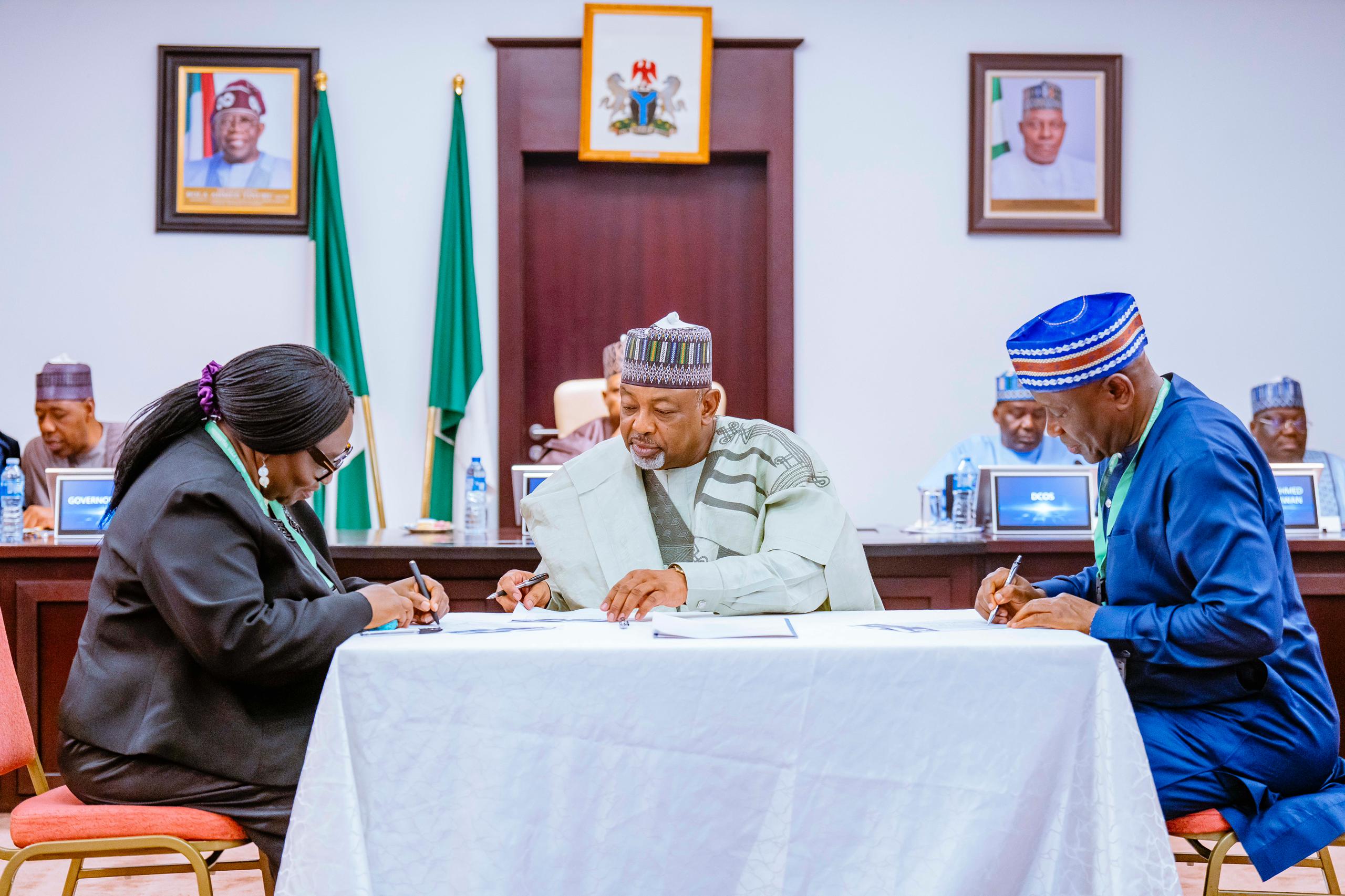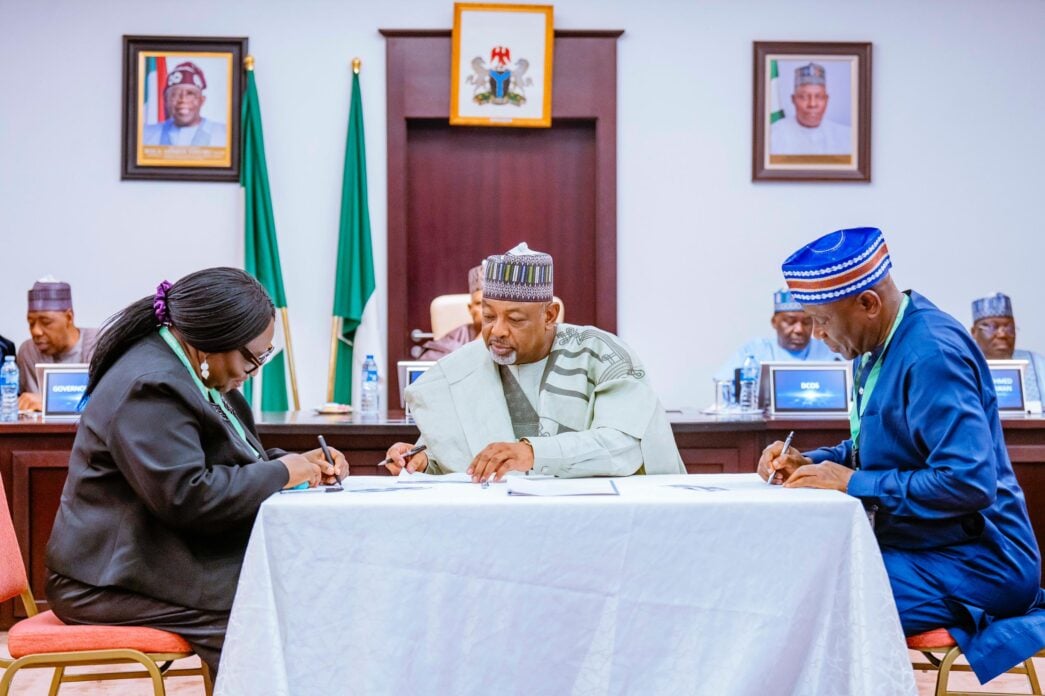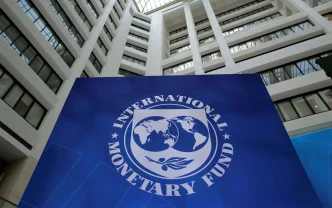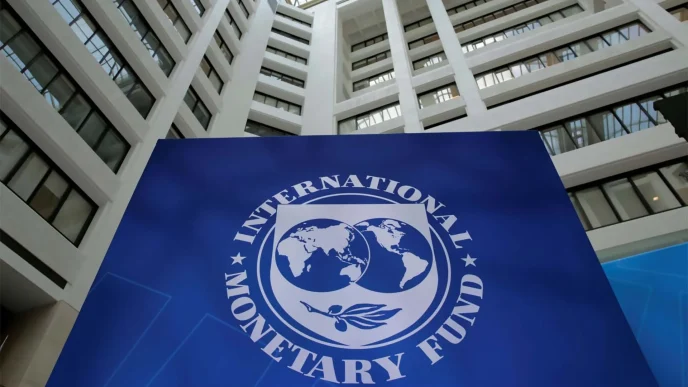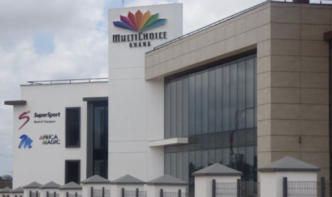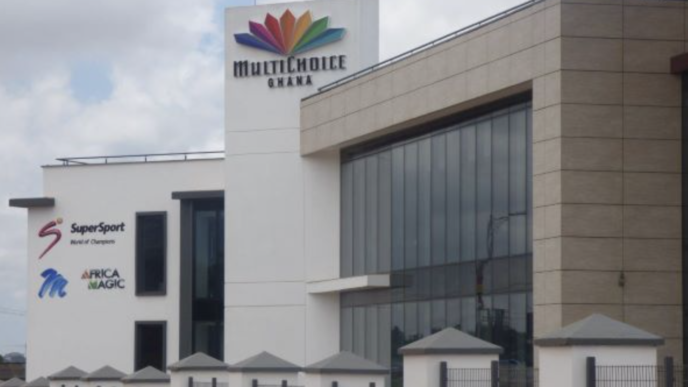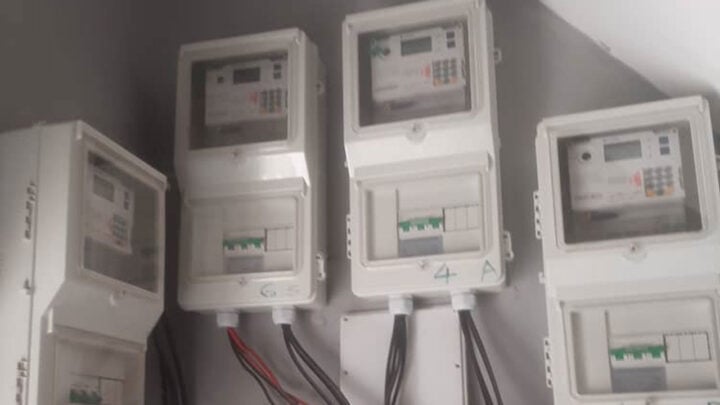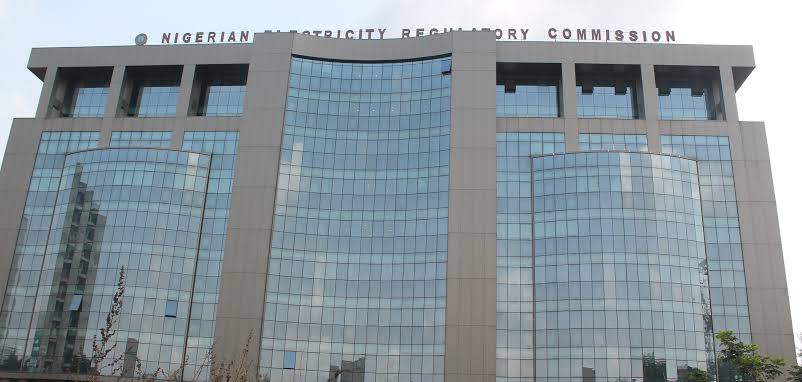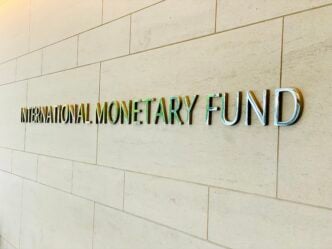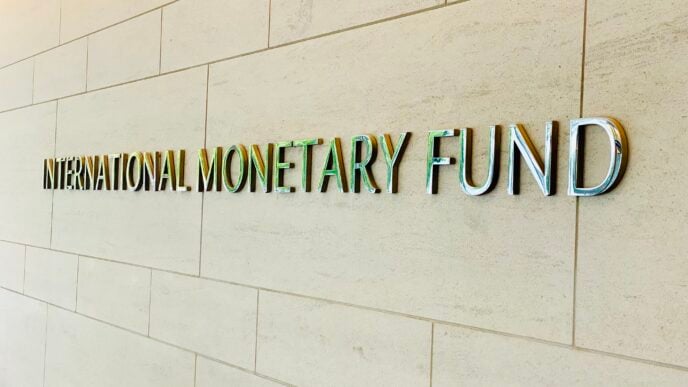The federal government has signed a $158.15 million financing agreement to implement the value chain programme in northern Nigeria (VCN).
The deal, signed at the presidential villa on Wednesday, aims to transform agriculture across nine states, according to a statement by Stanley Nkwocha, senior special assistant to the president on media relations (office of the vice president).
Nkwocha said the project is co-funded by the International Fund for Agricultural Development (IFAD), the French Development Agency (AFD), and the federal government.
He said the nine northern states include Borno, Bauchi, Kano, Katsina, Kebbi, Jigawa, Sokoto, Yobe, and Zamfara.
Advertisement
Speaking during the signing ceremony, Vice-President Kashim Shettima described the initiative as part of President Bola Tinubu’s commitment to reducing poverty, restoring the dignity of farmers, and ensuring food security.
Shettima said the VCN will also help in sustainably reducing poverty, enhancing nutrition, and improving the resilience of rural and most vulnerable populations in the states.
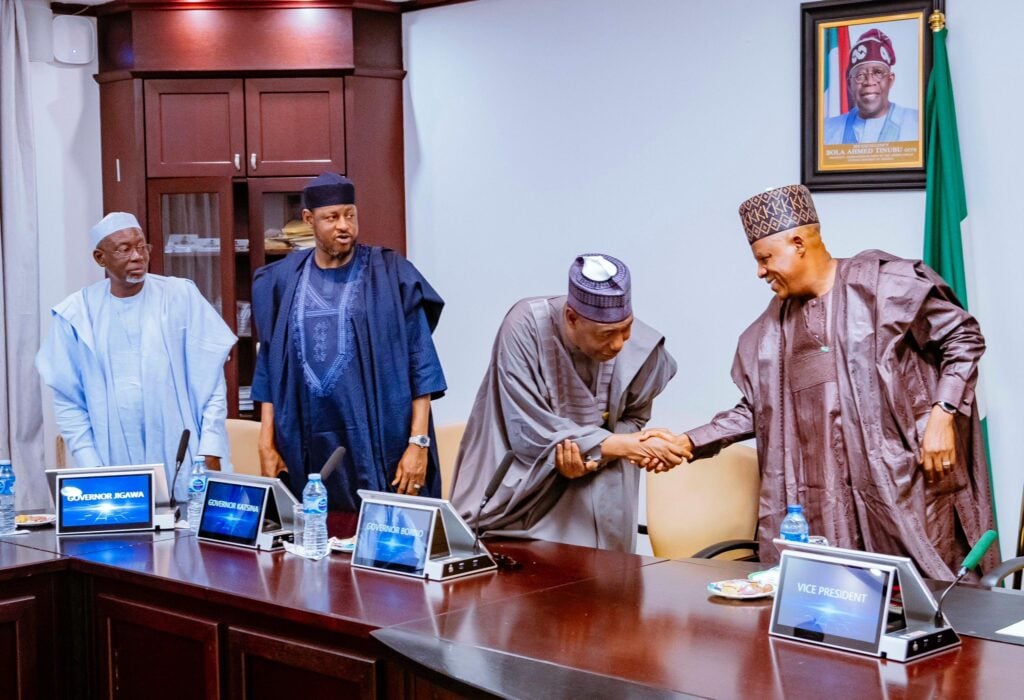
Advertisement
“This is a declaration of faith in the north—not as a region of deficits, but as a place of abundance,” the vice-president said.
“What has brought us together today is an investment of $158.15 million, co-financed by the International Fund for Agricultural Development (IFAD), the Agence Française de Développement (AFD), the Federal Government of Nigeria, and other stakeholders.
“This reflects President Bola Ahmed Tinubu’s commitment to prioritising what matters most—people, productivity, and prosperity.”
‘VCN WILL SERVE AS PIPELINE FOR RAW MATERIALS TO SAPZs’
Advertisement
Shettima said the programme will serve as a pipeline of raw materials to the special agro-industrial processing zones (SAPZs) being established across the country, and help shift Nigeria from exporting raw produce to value-added goods.
The politician also emphasised the need for self-sufficiency in food amid global trade tensions, noting that the VCN will promote the commercial cultivation of crops such as wheat and maize and support investment in irrigation, processing, and storage.
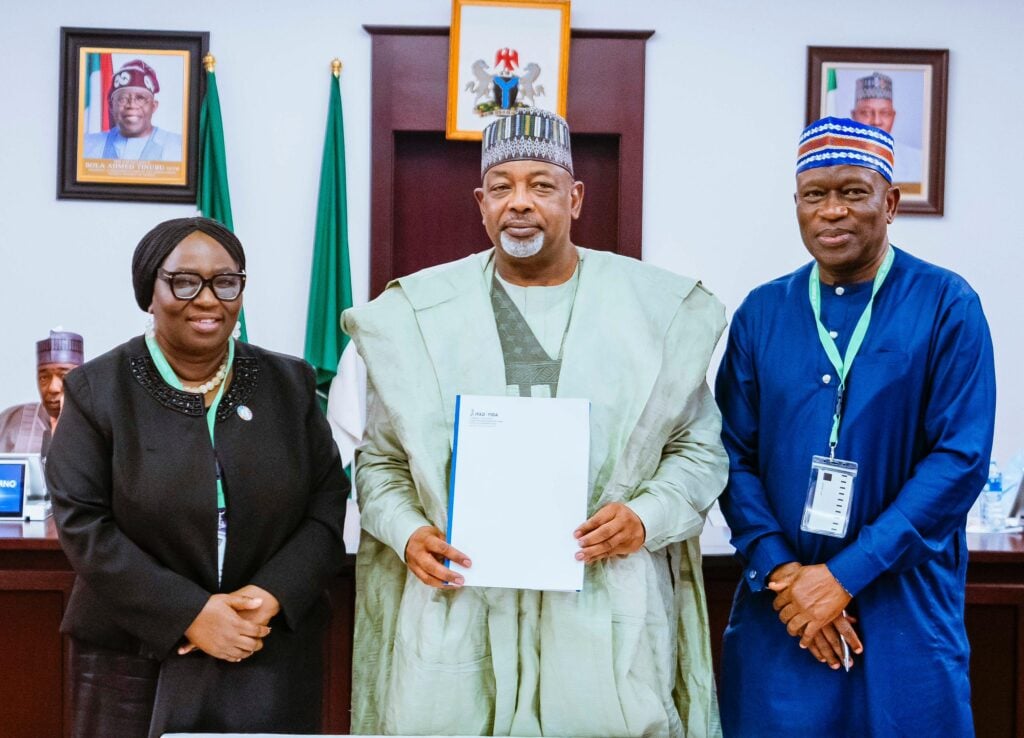
“What makes this programme exceptional is that it targets the underserved: women, youth, persons with disabilities, and returnees,” Shettima added.
Advertisement
“For a nation that has long relied on food imports, the message is clear: we must grow what we eat and produce what we trade.
“The VCN answers this call. By making wheat, maize, and animal feed viable for commercial cultivation and investing in irrigation, processing, and storage facilities in states like Kebbi and Jigawa, we are not just securing food—we are laying the groundwork for agricultural exports that can rival our oil.
Advertisement
“From farmer registration to market access, from input distribution to yield analysis.
“In regions where migration and insecurity are fuelled by joblessness, the VCN provides vehicles for enterprise, income, and dignity.”
Advertisement
On his part, Abubakar Kyari, minister of agriculture and food security, said the financing agreement represents a significant milestone in the efforts to transform the agricultural landscape in Nigeria under the ‘renewed hope agenda’ of the Tinubu administration.
He added that the participation of the nine states and the presence of other critical stakeholders underscore the commitment of the sub-nationals and the federal government in fostering inclusivity in agricultural development and economic empowerment.
Advertisement
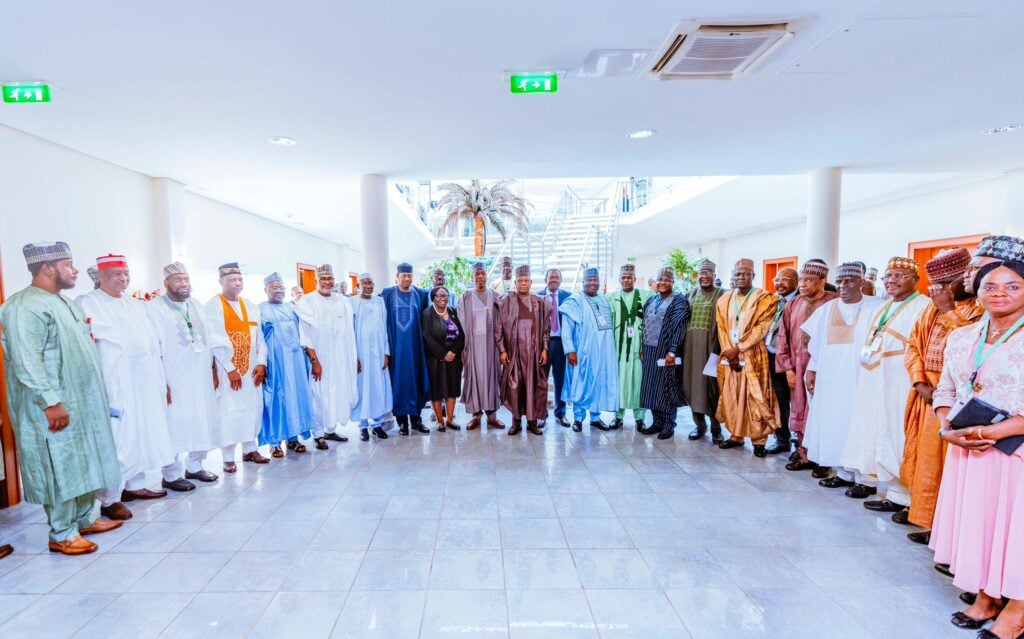
The minister also expressed confidence that the VCN will deliver programmes and projects to improve agricultural productivity and the overall well-being of smallholder farmers, farmer groups, and women across the region.
Dede Ekoue, IFAD’s country director, said the project is expected to impact about 3.1 million household members and create more than 30,000 jobs.
In addition, it would support climate-smart agriculture, digital solutions, and improved post-harvest value chains, he said.
